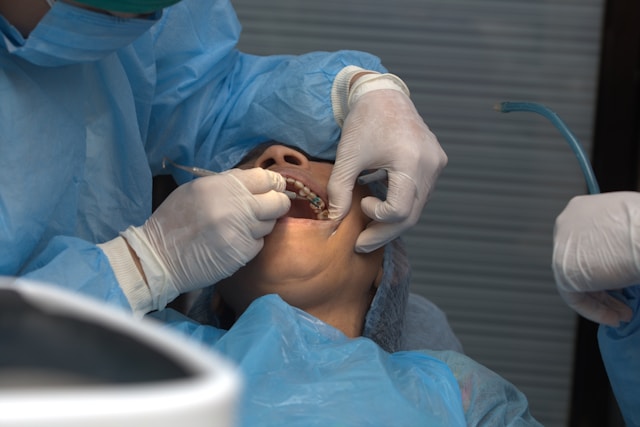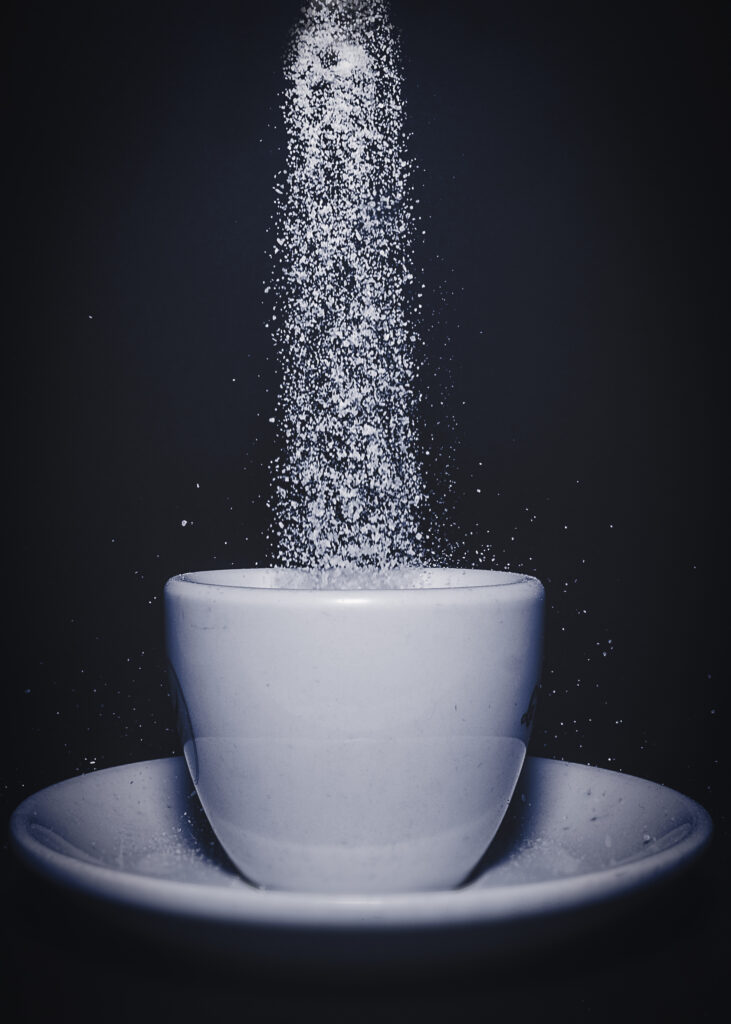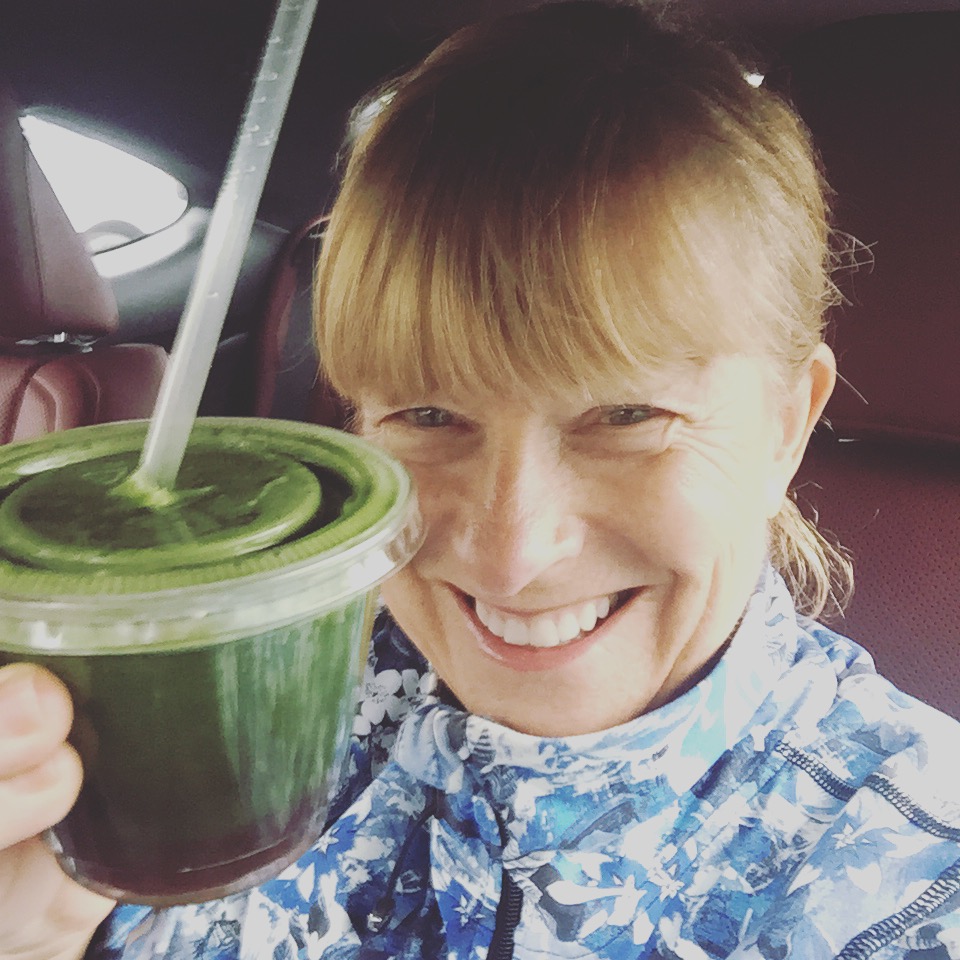Your gut is the foundation of your overall health. It’s where 70% of your immune system lives, where nutrients are absorbed, and where neurotransmitters like serotonin are produced.
Yet many people unknowingly damage their gut every single day with seemingly harmless habits.
Let’s explore 6 Common Mistakes That Destroy Your Gut Health (And What to Do Instead) to protect and restore your microbiome.
Taking Antibiotics Without Gut Protection
Why it matters:
Just one course of antibiotics can disrupt your gut flora for up to two years. This imbalance can lead to digestive issues, weakened immunity, increased inflammation, and even mood disorders.
What to do instead:
- Always take a high-quality probiotic during and after antibiotics.
- Focus on fermented foods like sauerkraut, kimchi, and kefir to naturally replenish your gut.
- Consider a gut-healing protocol like the one HERE
Ignoring Your Old Dental Fillings

Those old silver fillings in your teeth? They’re called amalgams, and they often contain mercury—a known neurotoxin.
Every time you chew, drink hot liquids, or grind your teeth, tiny amounts of mercury vapor are released into your body.
Why it matters:
This mercury doesn’t just stay in your mouth—it travels down your digestive tract, where it can damage your gut lining and alter your microbiome.
Over time, this contributes to leaky gut, inflammation, and even autoimmunity.
What to do instead:
- If you have silver fillings, speak to a biological or holistic dentist about safe removal.
- Support detoxification with foods rich in sulfur (like garlic, onions, and cruciferous veggies) and nutrients like selenium and glutathione.
- Avoid unnecessary exposure to mercury in seafood and beauty products.
Eating Simple Sugars Daily

Sugar is a powerful gut disruptor. While it tastes sweet, its effects are far from harmless. Excess sugar feeds opportunistic bacteria and yeast, allowing them to flourish and crowd out your beneficial bacteria.
Why it matters:
Each sugary snack or drink creates an imbalance in your gut flora, promoting the overgrowth of harmful microbes like Candida and reducing your microbial diversity.
The result? Cravings, bloating, brain fog, and blood sugar crashes.
What to do instead:
- Choose whole fruits for natural sweetness, and pair them with fiber or protein.
- Minimize processed sugars, soda, and desserts.
- Add in prebiotic-rich foods (like garlic, leeks, and green bananas) to nourish the good guys in your gut.
Loading Up on Starchy Carbs
Refined carbs like white bread, pasta, and rice convert quickly to sugar in your bloodstream—almost as fast as eating straight sugar. This spike feeds the wrong bacteria in your gut and promotes imbalances.
Why it matters:
A high-starch, low-fiber diet leads to microbial shifts that favor inflammation and fat storage. It also deprives your good bacteria of the fiber they need to thrive and produce protective short-chain fatty acids.
What to do instead:
- Swap refined carbs for fiber-rich whole foods like quinoa, sweet potatoes, and legumes.
- Add variety to your diet—your gut loves diverse plant foods.
- Prioritize non-starchy veggies to keep your blood sugar stable and your gut bacteria happy.
Living with Chronic Stress

Stress isn’t just in your head—it shows up in your gut. When you’re chronically stressed, your body enters survival mode, reducing blood flow to your digestive tract and altering gut motility and secretions.
Why it matters:
Stress weakens the gut lining, making it more permeable to toxins—a condition often referred to as leaky gut. Elevated cortisol also kills beneficial bacteria and suppresses immune function, compounding the damage.
What to do instead:
- Incorporate daily stress-relief practices like breathwork, meditation, nature walks, or journaling.
- Ensure you’re getting adequate sleep and rest—your gut heals while you sleep.
- Consider adaptogens like ashwagandha to support stress resilience.
Why It Matters: Potential Health Risks
While the full health effects of microplastic exposure are still under investigation, emerging evidence suggests they could be harmful:
- Gut Health Disruption: Microplastics may alter the gut microbiome, leading to inflammation and digestive issues.
- Toxin Carriers: Microplastics can absorb and transport harmful chemicals, which may increase your exposure to toxins.
- Cellular Damage: Lab studies have shown that microplastics can cause oxidative stress and inflammation in human cells.
Why It Matters: Potential Health Risks
While the full health effects of microplastic exposure are still under investigation, emerging evidence suggests they could be harmful:
- Gut Health Disruption: Microplastics may alter the gut microbiome, leading to inflammation and digestive issues.
- Toxin Carriers: Microplastics can absorb and transport harmful chemicals, which may increase your exposure to toxins.
- Cellular Damage: Lab studies have shown that microplastics can cause oxidative stress and inflammation in human cells.
Final Thoughts: Every Choice Counts
Each of these gut-disrupting habits may seem small on its own, but over time, they create a perfect storm of inflammation, imbalance, and poor digestion.
The good news?
Your gut is resilient. With the right support, you can begin to heal and rebalance your microbiome, leading to improved energy, immunity, mood, and overall well-being.
Start with one change today. Your gut will thank you. If you want to learn more about my 4 week digestive detox CLICK HERE





























